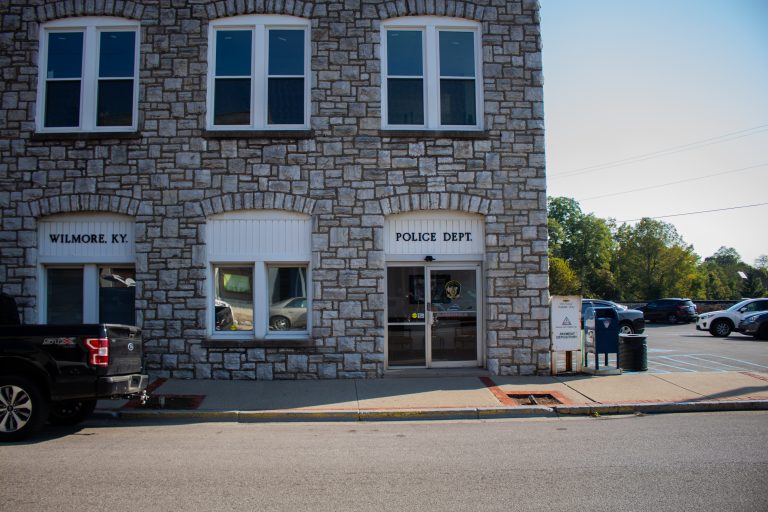When it comes to personal safety, situational awareness is the catch phrase that always gets mentioned as “the key” to protecting yourself and others. But what do safety professionals mean when they say “situational awareness”?
The simplest definition is to know your surroundings and to be prepared to respond to changes in those surroundings. The bigger issue is how to develop your situational awareness skills to improve your safety, the safety of others and ultimately the betterment of your community. This can be broken down into three areas: baselines, anomalies and plans. So let’s look at these areas using the cafeteria as an example:
· Baselines – What does the caf look like on a normal day? Students moving about comfortably, laughter, loud talking and the cross country team in their short shorts. What else? The cafeteria staff brings food in and take empty trays away, the Gray Room is blocked off for some group and the soft serve machine might not be working. This is the baseline for the caf.
· Anomalies – These are not necessarily good or bad, they are simply anything that looks different from the baseline. Look specifically for differences in three main areas: projected dominance, projected comfort and projected interest.
o Projected Dominance – someone behaving overly dominant towards others, acting “bigger” than they are, talking down to others
o Projected Comfort – someone looks uncomfortable while others are not, they are constantly looking behind them, frequently checking their pockets or backpack or acting “overly natural” in an act to try and hide being uncomfortable
o Projected Interest – someone paying more attention or showing more interest in something or someone that wouldn’t normally warrant that much attention; they are fixated on one person in a crowd or on an object near a crowd
These are all reasons to pay closer attention to that person(s).
· Plans – This is actively thinking, “What would I do if…?” Notice where your primary exit would be, and your secondary exit. Decide what your response would be if someone entered through the emergency exit next to you, or if the kitchen caught fire, or if the guy that followed your sister into the caf refuses to leave her alone. Without forethought, people tend to freeze before they react; plans allow for a response to a threat rather than a haphazard reaction.
Practice being situationally aware. Once you have baselines, you will start to notice anomalies everywhere. Anomalies that will not only help keep you safe, but can help you notice when a friend needs help, your girlfriend needs a hug or a piece of trash needs to be picked up and thrown away.



